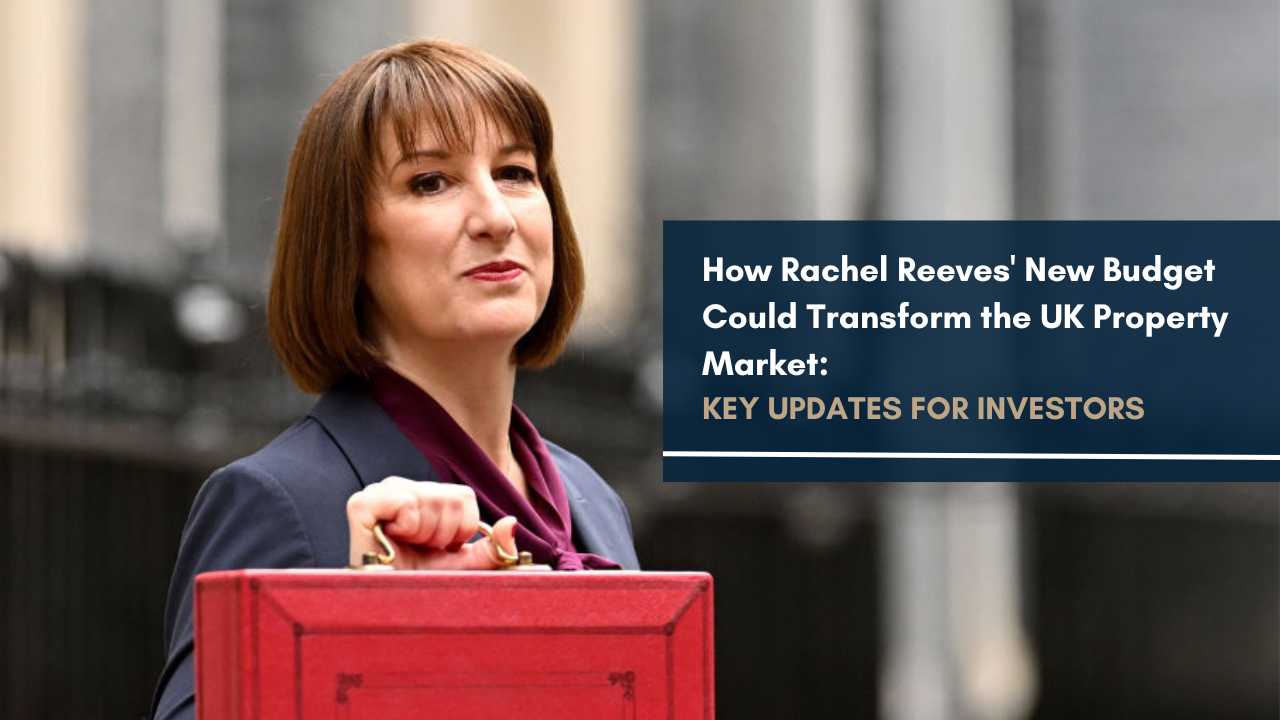Hello,
I hope you are well. Here at Track Capital, we have been discussing the increasing popularity of emerging UK markets for property investment. Areas such as Bradford and Preston have been receiving a lot of interest recently as they show signs of steadily-boosted house and rental prices amid a hefty dose of regeneration funding.
If you are interested in exploring emerging markets where yield is high and prices are low, reply to this article today.
Now, let’s take a look at all the headlines that caught our attention this week. I always try to summarise the links to save you from having to click through.
Episode 61: Where Should You Be Investing Right Now? – The latest episode of the Pure Property Podcast is out now. You can listen to it on Apple Podcasts and all other major platforms.
Remember, you can also listen to this week’s newsletter on the podcast as well.
We would really appreciate it if you could subscribe and leave feedback for our Podcast on Apple.
Property News This Week
- UK Sees 100% Increase in Beach Hut Asking Prices in One Year –
Beach huts have emerged as lucrative investment opportunities, with their average asking price soaring 43% in the past year. A typical beach hut in England costs £49,290, while the average home price increased by only 5.5%. Moverly’s research reveals that Dorset is the most popular beach hut hotspot, with a staggering 101% inflation rate and an average cost of £123,524. Kent and Essex follow as the second most expensive hotspots. Limited supply and the appeal of seaside locations drive the increasing prices. - Residential Planning Applications at Lowest Numbers since 2012 –
In 2022, residential planning applications in the UK fell to their lowest annual total in a decade, with a 5% decline from 2021. This marked the fifth consecutive annual decrease since 2018. The approval rate also dropped to 73%, its lowest since 2008. Factors contributing to this decline include higher costs of materials, labour shortages, market uncertainty, and interest rate hikes. The recent Help-to-Buy deadline may also have influenced developers to re-evaluate their strategies. Mitchell Fasanya, CEO of Searchland, highlights the need to address the housing crisis by encouraging more home construction, which begins with planning approval. - One-Quarter of Brits Plan to Use Property for Retirement Income –
One in four Brits plans to invest in property for retirement income amid concerns over inflation’s impact on savings. The recent removal of the pension savings cap provides greater flexibility for high earners, but may negatively affect the buy-to-let market, as those who previously invested in the private rental sector to supplement income may no longer need to. A study found that 64% of Brits are worried about the economic climate’s effect on their savings and pensions. The pension cap removal could lead to fewer retirees entering the buy-to-let market, causing strain on the sector. - 4.9% Rent Rise Recorded in March Amid Housing Shortage –
UK private rents increased by 4.9% in the year to March, driven by a shortage of available rental properties. Scotland recorded the highest annual rental growth at 5.1%, followed by England at 4.6%, and Wales at 4.4%. London experienced a 4.8% increase, its highest annual rate since December 2012. The surging demand is outpacing the supply of rental homes as the number of buy-to-let landlords declines due to rate hikes, increased costs, and regulatory scrutiny. Many renters are now considering purpose-built rental properties that offer better availability and fixed monthly costs.
That is all we have for you this week. If you have any comments or questions on this week’s news summary, please email us at [email protected] – if not, see you next week.


































